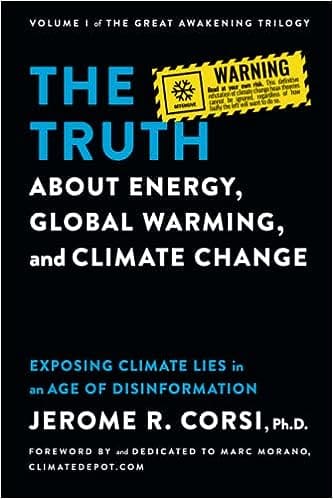Definition
Energy is the capacity of a system to perform work or an action.
Expanded Explanation
Energy is a fundamental concept in physics, and it’s crucial to all aspects of life. It exists in various forms such as kinetic, potential, thermal, gravitational, sound, light, and electromagnetic energy.
Forms of Energy
Kinetic energy is related to motion while potential energy is stored energy. Thermal energy relates to heat, and gravitational energy is associated with the potential of an object in a gravitational field to do work. Sound and light energy are waves that carry energy through different media. Electromagnetic energy includes energy from the electromagnetic spectrum, such as X-rays and ultraviolet rays.
The Law of Conservation of Energy
One of the most important principles in physics is the law of conservation of energy. It states that energy can neither be created nor destroyed, but it can be transformed from one form to another.
Examples
- Example 1: A moving car has kinetic energy. If it climbs a hill, it gains potential energy.
- Example 2: A light bulb transforms electrical energy into light and thermal energy.
Related Terms
Visual and Reading Aids
External Resources
Related Articles From Sunnydaysgo.com
- Understanding Energy: Its Importance in Everyday Life
- Understanding Energy In The Human Body: And Why You Should Care
Note: This glossary term is part of an ongoing series on Sunny Days Go! exploring fundamental concepts in physics.

